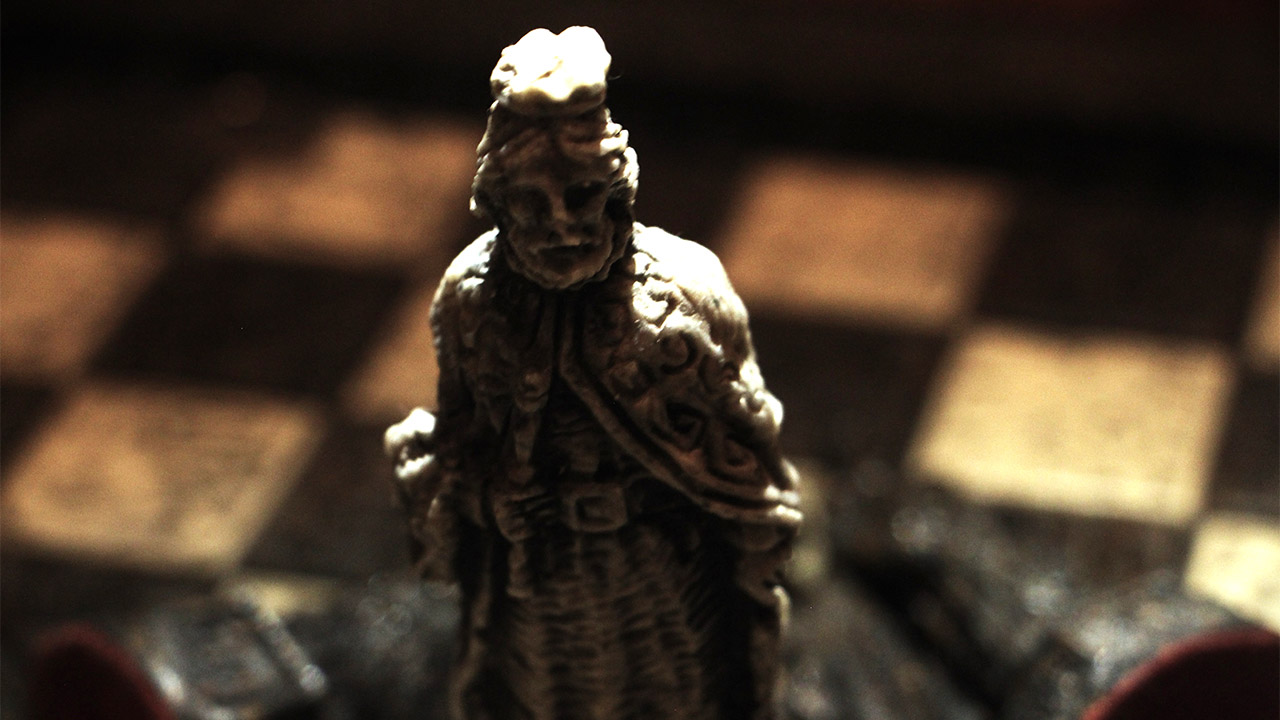Taking back what they stole from us
 CREDIT: FINCH NEVES
CREDIT: FINCH NEVESMany families experience a loss of their culture at the hands of the immigration office and now may be the time to reclaim it.
My family isn’t from here, or at least not originally. While my mother’s family spends countless holiday meals arguing about their origins, my father’s are clear and well within the memories of his siblings. His mother, father, older brother, and three sisters moved to Canada in the 60s from a tiny island in Portugal called Terceira.
To say that life was different on the Island would be an understatement. Terceira was for years, and in some ways still is, immune to the changes of time. The same cobbled streets, gurgling fountains, and sprawling farmers’ fields make up much of the island and there were more goats or cows than people.
On the island, family was everything. In a world where simple misfortune could mean you don’t have enough food for the winter, blood ties play a different role. They are your lifeline, your safety net, and a reason to work harder.
When family is everything, it gives weight to tradition. Names hold power and responsibility in equal parts and “who’s you are,” as my avô would say, offered you opportunities and respect. All of that came down to a name and those names were taken from us when we took our first steps into Canada. We came seeking a better life and future for our children. We came to let go of the fears of famine or injury. We did not come to be told who we were.
I was six when my tias explained why they called me something different than everyone else did. At the border, after paperwork was done and they had already packed their meager possessions before embarking on the long flight, they were given their “real” names. Names that could be pronounced by the people around us. Names we were expected to learn when they couldn’t be bothered to learn our real ones. Sometimes, they didn’t even start with the same letters or sounds.
The name that our family had fought to elevate and build, the reputation that came with it, and the historical significance, was stolen by a man who couldn’t figure out how to spell it and didn’t bother asking. My legal name, Luis Amaro Neves, has been passed down for more generations than we can count, but it is pronounced nothing like how it looks above and sounds completely different as well.
Canada has changed and there is more of an effort than ever to allow immigrants to retain the parts of their culture they can bring with them. We have entered an era where individuality and one’s way of life has value in ways it never has before. When surrounded by a world that embraces differences, or at least more than it once did, I struggle not to think of what could have been.
I imagine my family in Pearson Airport today with the names and pride their ancestors earned. A world where their names weren’t a secret that stayed in the house. Perhaps, it is too late to change it, too late to return what was taken. But perhaps, it isn’t, and we could welcome those who parts of their identity stolen the opportunity to regain what is theirs. They stole our names and I think it is time we take them back.
Editorial opinions or comments expressed in this online edition of Interrobang newspaper reflect the views of the writer and are not those of the Interrobang or the Fanshawe Student Union. The Interrobang is published weekly by the Fanshawe Student Union at 1001 Fanshawe College Blvd., P.O. Box 7005, London, Ontario, N5Y 5R6 and distributed through the Fanshawe College community. Letters to the editor are welcome. All letters are subject to editing and should be emailed. All letters must be accompanied by contact information. Letters can also be submitted online by clicking here.














